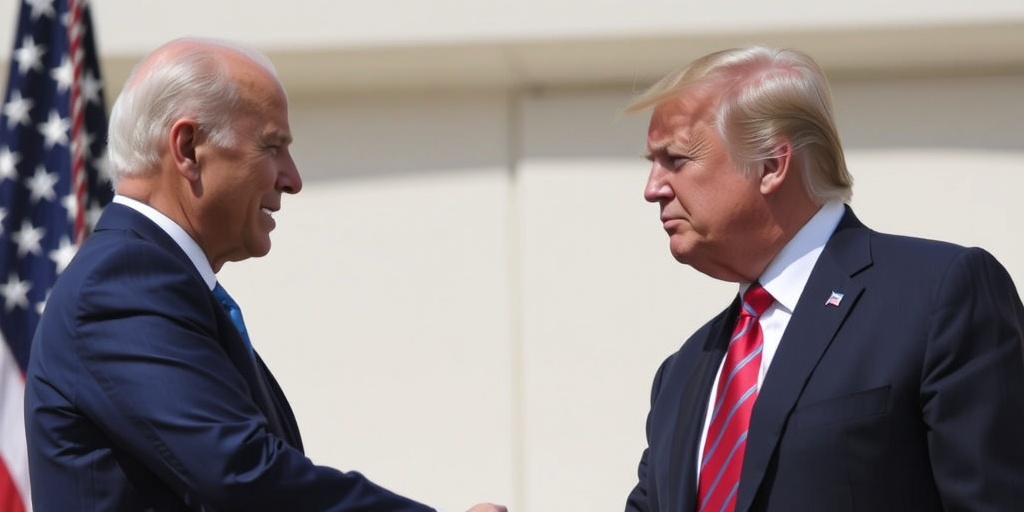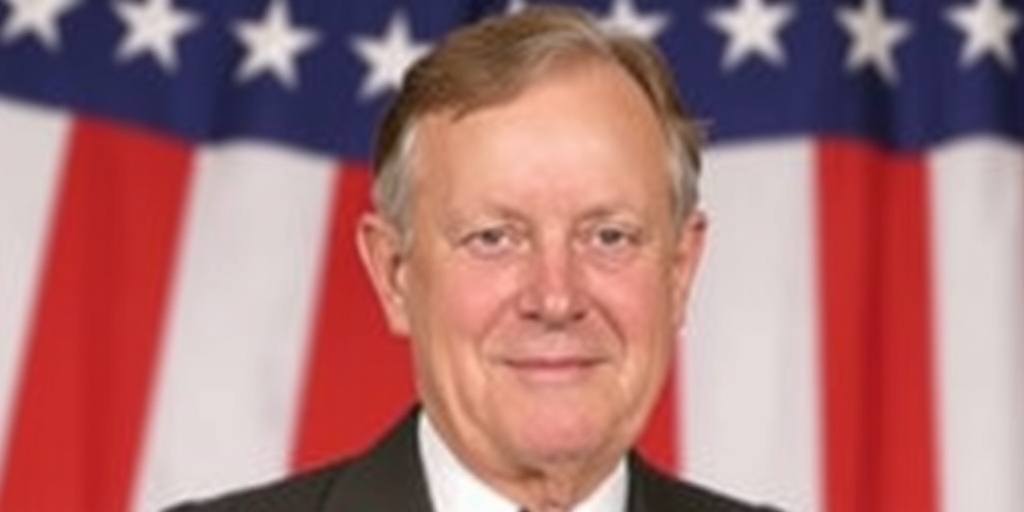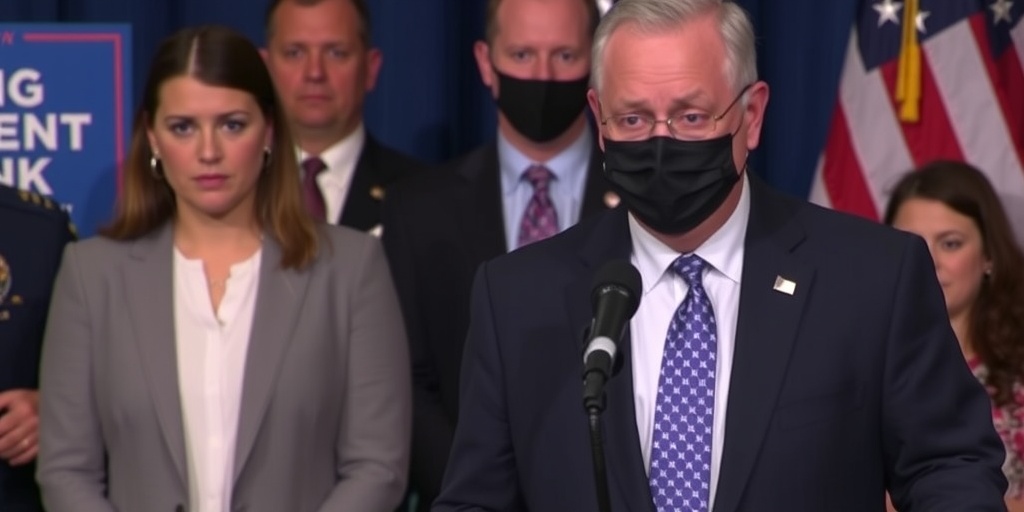Now Reading: Judge Challenges Justice Dept.’s Broad Interpretation of Jan. 6 Pardons
-
01
Judge Challenges Justice Dept.’s Broad Interpretation of Jan. 6 Pardons
Judge Challenges Justice Dept.’s Broad Interpretation of Jan. 6 Pardons

Headline: Federal Judge Critiques Justice Department’s Interpretation of Trump’s Pardons for January 6th Rioters
In a significant ruling, a federal judge in Washington, Dabney L. Friedrich, has rebuffed the Justice Department’s expansive interpretation of former President Donald Trump’s pardons for nearly 1,600 individuals charged in connection with the January 6, 2021 Capitol riot. The Justice Department’s interpretation had initially suggested that the pardons extended to various offenses resulting from investigations into individuals involved in the Capitol attack, including illegal possession of firearms. However, Judge Friedrich determined that the pardons should only apply to crimes directly linked to the events of January 6.
The judge’s order comes amidst a backdrop of controversy regarding how the Justice Department has approached the implementation of these pardons. After an initial assessment concluded that the pardons were relevant only to crimes committed during the Capitol riot, the Justice Department later shifted its stance. It suggested that the pardons could also cover other offenses uncovered during ongoing investigations of the Capitol riot suspects. In her ruling, Judge Friedrich expressed dissatisfaction with this abrupt policy change, highlighting a lack of clear explanation behind the decision.
“President Trump alone has the constitutional authority to pardon,” Friedrich noted in her order. “He still may do so. But this court cannot — it is duty bound to enforce the presidential pardon as written.” This statement reaffirms the separation of powers and underscores the judicial system’s role in upholding the law and the constitutional limits surrounding pardons.
The judge’s ruling is part of a growing trend among federal judges in Washington who are scrutinizing the Justice Department’s handling of Trump’s pardons. Following the issuance of the pardons in January, several judges criticized the breadth of the pardons, pointing out that they could not erase the consequences of the riot. One condemning statement came from Judge Tanya S. Chutkan, who remarked, “It cannot whitewash the blood, feces, and terror that the mob left in its wake.”
The case at hand involved Daniel Edwin Wilson, a Kentucky resident who had previously pleaded guilty to charges of conspiring to impede officers during the Capitol attack. Along with that charge, Wilson admitted to possessing illegal firearms and ammunition found during a search of his home related to his involvement in the riot. Initially, U.S. Attorney Ed Martin, who was appointed by Trump, had dismissed the argument that Wilson’s firearms charges fell under the presidential pardon. However, he later reversed his position, indicating that he had gained clarity on the intent behind Trump’s clemency grant, suggesting that those offenses were indeed included.
However, Judge Friedrich’s ruling emphasizes that this interpretation overreaches as Wilson’s illegal firearms possession occurred over a year after the Capitol riot and in a different state—Kentucky. Friedrich pointed out that a strict interpretation of the pardon decree, which states it applies to those convicted of offenses related to events at or near the Capitol on January 6, does not extend to Wilson’s separate gun offenses.
The implications of Friedrich’s order are immediate. As a result of her decision, Wilson is required to report to prison to serve a portion of his five-year sentence, which encompasses both the gun-related charges and his involvement with the Capitol riot. Furthermore, Judge Friedrich’s order serves as a stern admonition to the Justice Department, describing its shifting stances as inconsistent and lacking a coherent interpretation of the pardon’s scope.
The discrepancies observed in the Justice Department’s approach are marked. While some prosecutors have embraced a broad interpretation of the pardons to include various offenses discovered during investigations, others have drawn a clear line, asserting that the pardons do not apply to cases involving the discovery of child pornography during searches of Jan. 6 defendants’ homes. This inconsistency has drawn criticism from Judge Friedrich and raises concerns about the Justice Department’s ability to maintain a stable legal interpretation.
The ruling highlights the challenges faced by the Justice Department as it navigates the complex legal landscape surrounding the pardons of January 6 defendants. It reflects old tensions between executive power and judicial authority concerning interpretations of the law related to clemency. As the legal battles continue to unfold, the precedents set by Judge Friedrich and her colleagues may significantly influence future cases tied to the events of that fateful day.
In summary, Judge Friedrich’s ruling sharply critiques the Justice Department’s broad interpretation of Trump’s pardons while emphasizing the need for adherence to the law. As the legal landscape around the January 6 events continues to evolve, this decision illustrates the judiciary’s role in ensuring accountability and the rule of law in the face of significant political turbulence.
Stay Informed With the Latest & Most Important News
Previous Post
Next Post
-
 01New technology breakthrough has everyone talking right now
01New technology breakthrough has everyone talking right now -
 02Unbelievable life hack everyone needs to try today
02Unbelievable life hack everyone needs to try today -
 03Fascinating discovery found buried deep beneath the ocean
03Fascinating discovery found buried deep beneath the ocean -
 04Man invents genius device that solves everyday problems
04Man invents genius device that solves everyday problems -
 05Shocking discovery that changes what we know forever
05Shocking discovery that changes what we know forever -
 06Internet goes wild over celebrity’s unexpected fashion choice
06Internet goes wild over celebrity’s unexpected fashion choice -
 07Rare animal sighting stuns scientists and wildlife lovers
07Rare animal sighting stuns scientists and wildlife lovers





















